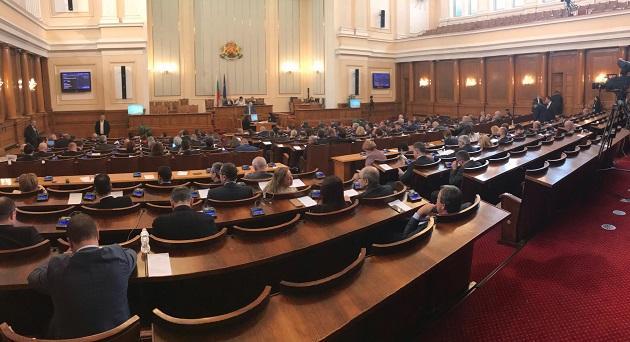Bulgaria’s parliament on Wednesday backed plans to ban private lotteries and bring the one billion lev ($562 million) market under state control in an attempt to tackle corruption, curb gambling among young people and boost funding for sport.
The move comes after state auditors launched an investigation into allegations of serious financial violations in the industry, with a reported shortfall of at least 210 million levs in lottery taxes and fees dating back to 2014, as reported by Reuters.
Prosecutors on Wednesday raided the headquarters of the state gambling commission and some privately owned companies as part of the investigation, Bulgarian radio reported.
“We’re introducing stricter control on the most widespread gambling games – the lottery games,” said Valeri Simeonov, a nationalist lawmaker whose party is part of the center-right coalition government. “The main goal of the law is to limit this (gambling) pandemic, which is damaging the health, the assets and sometimes the lives of gamblers,” he said.
Under the new law, a state body, the Bulgarian Sports Totalizator (BST), will replace the private lottery companies, leading to an increase in its revenues, much of which help finance sport federations and physical education.
The bill also forbids the sale of lottery tickets near schools. But critics say the new legislation is not enough to limit gambling habits among young people as it does not tackle lottery advertisements.
Lottery operators say the bill, which must still pass a second reading, amounts to the nationalization of private business in the former communist nation, a claim rejected by Bulgaria’s finance minister. “Bulgaria will be imposing a state monopoly rather than nationalizing existing companies,” Vladislav Goranov said.
